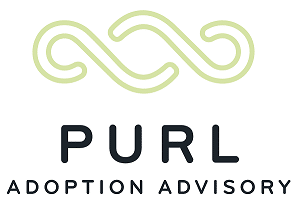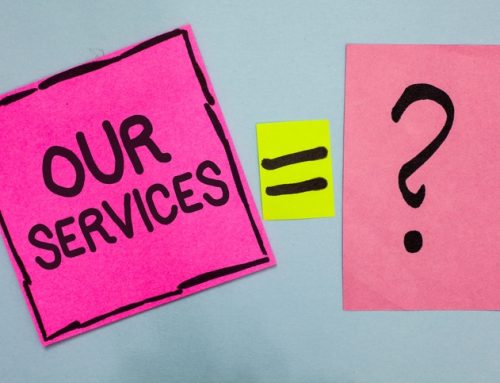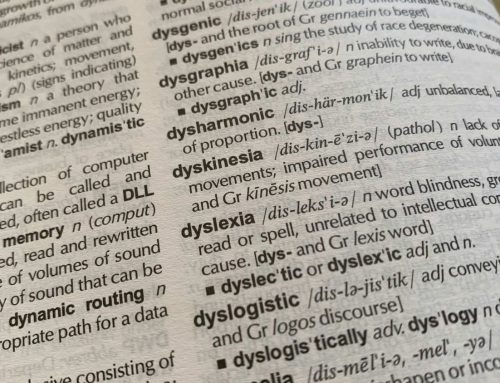
If you have adopted a child or are considering it, you may already know about the Adoption Tax Credit. The credit, which has been part of federal tax law since 1997, allows adoptive families to defray some of the costs incurred when they grow their families through adoption. It has helped bring together hundreds of thousands of families, many of whom would not have been able to grow their families through adoption without it.
The Adoption Tax Credit applies to all types of adoption (except step-parent adoption), including international, domestic private, and public foster care adoptions. For domestic adoptions, the credit even applies to expenses for a failed or non-finalized adoption.
The credit works by giving adoptive families a dollar-for-dollar tax credit against their federal tax liability. For 2017, the maximum credit is $13,750 per child, though the amount of the credit a particular family may claim depends on that family’s income and qualified expenses. Families with an adjusted gross income up to $203,540 are eligible for the maximum credit; families earning between $203,540 and $243,540 are eligible for a partial credit; and families who earn above $243,540 are not eligible. Qualified expenses include adoption fees, attorney fees, and court costs among other things. Families who adopt a special-needs child from foster care can claim the maximum credit even if they have no qualified expenses.
Because the credit is non-refundable, that means families with lower incomes who have no federal tax liability often cannot take advantage of the credit. There has been a push in recent years to make the tax credit permanently refundable (as it was in 2010 and 2011) but to date no legislation has been passed to do that.
Even as a non-refundable credit, though, it still helps many thousands of families every year—in 2014 alone there were nearly 74,000 tax returns filed with the IRS that included adoption expenses!
Unfortunately, major tax reform proposals currently being discussed in Congress and the White House could eliminate many existing tax credits—including the Adoption Tax Credit. That means many families choosing adoption will face an increased financial burden that could make adoption for them more difficult or even impossible. The tax plan released by the Trump Administration this week does not specifically mention the Adoption Tax Credit. Rather, it indicates an intention to repeal many—but not all—deductions and credits in an effort to make the code simpler and fairer for all families.
That means it isn’t too late to save the Adoption Tax Credit, and you can help. Contact your members of Congress and let them know how important the Adoption Tax Credit is to you by sharing your adoption story, how the credit helped you adopt, or how it will help you in the future. If you aren’t sure what to say or how to say it, you can check out this website, which has some great ideas about how to communicate your message. Together, we can save the Adoption Tax Credit and ensure many more families are able to share in the gift of adoption.
Here are some additional resources with a lot more information about the Adoption Tax Credit and how you can help:
IRS Topic No. 607 Adoption Credit and Adoption Assistance Programs (note that this includes income information for tax year 2016, which is now out-of-date)
North American Council on Adoptable Children
If you or someone you know is considering beginning the adoption process and would like someone to walk beside them through this journey, please contact Purl Adoption Advisory. You can learn more about what an adoption advisor does in this journey, by clicking here.

If you have adopted a child or are considering it, you may already know about the Adoption Tax Credit. The credit, which has been part of federal tax law since 1997, allows adoptive families to defray some of the costs incurred when they grow their families through adoption. It has helped bring together hundreds of thousands of families, many of whom would not have been able to grow their families through adoption without it.
The Adoption Tax Credit applies to all types of adoption (except step-parent adoption), including international, domestic private, and public foster care adoptions. For domestic adoptions, the credit even applies to expenses for a failed or non-finalized adoption.
The credit works by giving adoptive families a dollar-for-dollar tax credit against their federal tax liability. For 2017, the maximum credit is $13,750 per child, though the amount of the credit a particular family may claim depends on that family’s income and qualified expenses. Families with an adjusted gross income up to $203,540 are eligible for the maximum credit; families earning between $203,540 and $243,540 are eligible for a partial credit; and families who earn above $243,540 are not eligible. Qualified expenses include adoption fees, attorney fees, and court costs among other things. Families who adopt a special-needs child from foster care can claim the maximum credit even if they have no qualified expenses.
Because the credit is non-refundable, that means families with lower incomes who have no federal tax liability often cannot take advantage of the credit. There has been a push in recent years to make the tax credit permanently refundable (as it was in 2010 and 2011) but to date no legislation has been passed to do that.
Even as a non-refundable credit, though, it still helps many thousands of families every year—in 2014 alone there were nearly 74,000 tax returns filed with the IRS that included adoption expenses!
Unfortunately, major tax reform proposals currently being discussed in Congress and the White House could eliminate many existing tax credits—including the Adoption Tax Credit. That means many families choosing adoption will face an increased financial burden that could make adoption for them more difficult or even impossible. The tax plan released by the Trump Administration this week does not specifically mention the Adoption Tax Credit. Rather, it indicates an intention to repeal many—but not all—deductions and credits in an effort to make the code simpler and fairer for all families.
That means it isn’t too late to save the Adoption Tax Credit, and you can help. Contact your members of Congress and let them know how important the Adoption Tax Credit is to you by sharing your adoption story, how the credit helped you adopt, or how it will help you in the future. If you aren’t sure what to say or how to say it, you can check out this website, which has some great ideas about how to communicate your message. Together, we can save the Adoption Tax Credit and ensure many more families are able to share in the gift of adoption.
Here are some additional resources with a lot more information about the Adoption Tax Credit and how you can help:
IRS Topic No. 607 Adoption Credit and Adoption Assistance Programs (note that this includes income information for tax year 2016, which is now out-of-date)
North American Council on Adoptable Children
If you or someone you know is considering beginning the adoption process and would like someone to walk beside them through this journey, please contact Purl Adoption Advisory. You can learn more about what an adoption advisor does in this journey, by clicking here.



